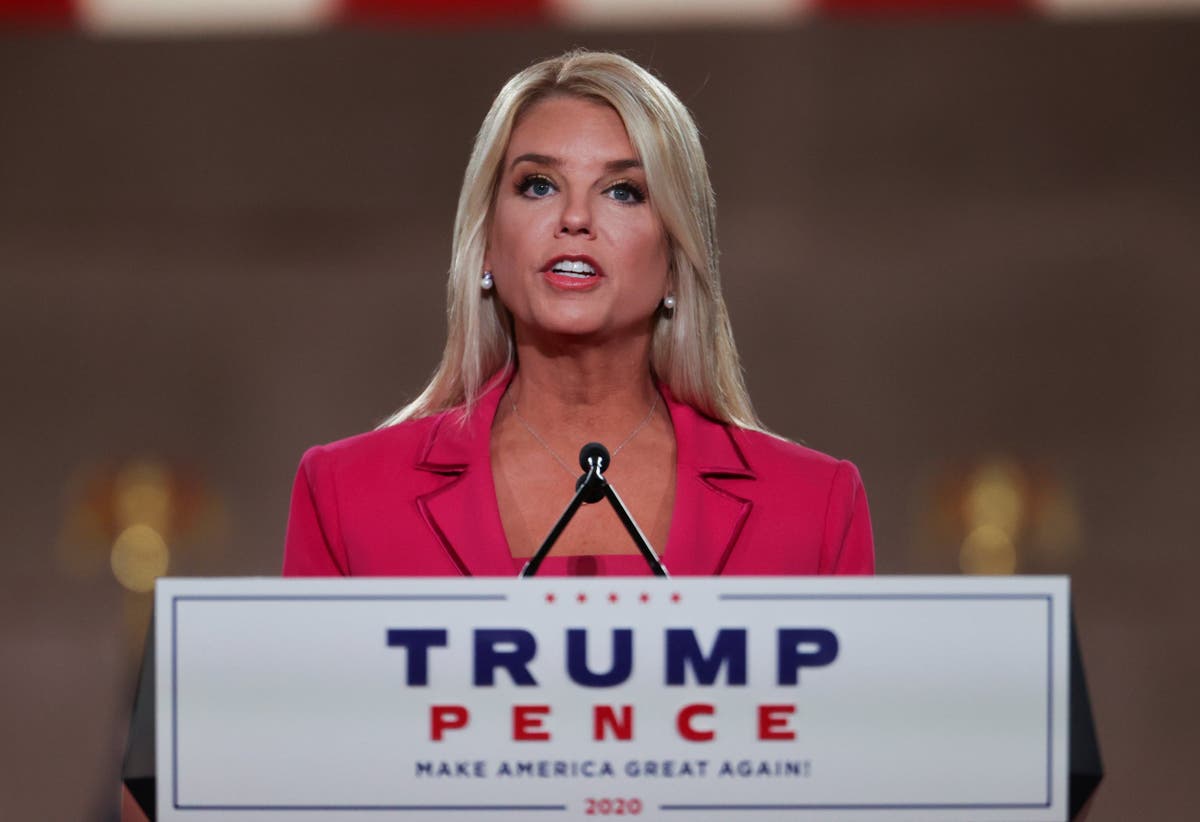
With Donald Trump’s re-election as the 47th President of the United States, Middle Eastern leaders have shown renewed enthusiasm for strengthening ties with the US. This response reflects a preference among regional officials for the perceived predictability of Trump’s policies, contrasting with the previous administration’s strained relationships. While Joe Biden’s term was marked by Middle Eastern conflicts and shifting alliances, Trump’s return brings the prospect of a more familiar US approach to the region.
President Biden’s term witnessed numerous Middle Eastern conflicts, from the Gaza and Lebanon wars to a heightened presence of Iran-backed militias obstructing international shipping lanes. Biden’s initial actions, including halting weapons sales to Gulf allies and reassessing US ties with traditional partners, immediately strained relationships with nations like Saudi Arabia and the UAE. For instance, Biden’s decision to remove Yemen’s Houthi rebels from the terror blacklist, only to redesignate them later, was criticized, as the Houthis continued attacking vessels in the Red Sea and beyond.
Alibaba.com hosts Key E-Commerce Leader Award Grand Finale These policies left many Gulf nations questioning US security commitments, especially after the abrupt 2021 US withdrawal from Afghanistan. Biden’s attempts to mend these strained relationships were overshadowed by challenges, including Israel-Hezbollah conflicts and other enduring regional tensions.
For Gulf leaders, Trump’s return signals a chance to revive favorable relations nurtured during his first term. Trump’s stance will encourage Israeli Prime Minister Benjamin Netanyahu to find resolutions to the ongoing Gaza and Lebanon conflicts. Trump’s choice to make Saudi Arabia his first official foreign visit in 2017, along with his firm opposition to Iran’s influence, left a lasting impression among Gulf leaders.
UAE President Sheikh Mohamed bin Zayed expressed hope for continued collaboration with the US on issues of prosperity and stability, underscoring the two nations’ historic alignment under the Abraham Accords, which saw peace agreements between Israel, the UAE, Bahrain, Morocco, and Sudan. Exploration & Production Committee agrees to submit framework to Ecnec The Israeli-Palestinian peace process remains a significant challenge. While Biden tried to broker normalization between Saudi Arabia and Israel, these efforts were hindered by the Hamas attack on Israel in October 2023 and the subsequent devastation in Gaza.
Israel’s hardline policies in Gaza and the West Bank have strained its relationships with several Arab nations, including the UAE, Egypt, and Jordan, who expressed frustration with both Israeli actions and the US’s perceived lack of intervention. Far-right elements in Netanyahu’s government have further complicated the peace process, threatening the potential for a two-state solution that Saudi Arabia has set as a precondition for diplomatic relations with Israel. Trump, however, had previously urged Netanyahu to resolve the Gaza conflict and has indicated plans to negotiate peace in Lebanon.
Analysts believe that Trump’s leverage may push Netanyahu to prioritize ending the region’s wars to avoid jeopardizing US-Israel relations. PSATF delegation meets TDAP chief Under Trump’s second administration, Gulf nations are expected to strengthen ties with China, a shift that reflects a response to the perceived limitations of US security assurances. China’s influence in the Gulf has grown, particularly after brokering a historic 2023 reconciliation between Saudi Arabia and Iran, reducing direct confrontations and fostering regional stability.
This marked a shift from the high-tension period of Trump’s first term, when Iranian forces attacked Saudi oil infrastructure and the Houthis targeted Abu Dhabi under Biden’s watch. The perceived lack of a decisive US response in both cases spurred Gulf nations to diversify their partnerships. This pivot toward China reflects a departure from the traditional US-Gulf security arrangement, whereby Gulf states provided access to energy resources in return for US military protection.
Gulf countries now seek broader security and economic partnerships with China to address regional security threats. SECP holds inaugural meeting of ICMDC The Lebanon-Israel conflict presents a formidable task for Trump’s administration. Trump’s goal to stabilize Lebanon involves navigating a challenging environment, with Lebanon’s economic collapse, ineffective governance, and political tensions heightened by Israeli interventions.
Lebanese leaders, including Hezbollah and anti-Hezbollah factions, are cautiously optimistic about a Trump administration that may push for peace rather than prolonged conflict. Trump’s support among Arab-Americans, fostered by Massad Boulos—whose son married Trump’s daughter—suggests a commitment to Lebanese peace and stability. Additionally, Trump will inherit Biden’s agreement with Iraq, which plans for an international coalition withdrawal to conclude the ISIS fight.
While Trump previously expressed a desire to reduce the US military footprint in the region, experts, including former Pentagon official Dana Stroul, caution that a hasty withdrawal could disrupt counter-ISIS operations in Syria and Iraq. The US has recently ramped up these efforts, signaling the ongoing threat posed by ISIS. Pakistani tech companies target Singapore to expand export horizons Trump may also renew negotiations with the Assad regime in Syria to secure the release of American hostages, though normalization with Assad remains prohibited by US law.
Nonetheless, Trump’s willingness to explore arrangements with Assad, potentially curbing Iranian influence in Lebanon and limiting Captagon trafficking, reflects a pragmatic approach to Syria. The Arab League’s recent normalization with Assad further underscores the regional momentum for engagement with Syria, though Trump might leverage such ties to counter Iran’s destabilizing presence. As Trump embarks on his second term, the Middle East awaits his administration’s approach with a blend of optimism and caution.
Gulf nations are eager to restore the robust alliances of Trump’s first term, while countries like Lebanon, Iraq, and Syria present complex obstacles. Trump’s “America First” strategy, prioritizing domestic interests and reducing Middle Eastern entanglements, aligns with his legacy of avoiding prolonged foreign interventions. However, Trump’s success will depend on his ability to secure peace deals, stabilize volatile regions, and manage alliances with both Gulf allies and rivals.
As the Gulf states deepen ties with China, the US must navigate this reconfigured regional landscape while balancing its long-standing influence and strategic interests in the Middle East. The region stands at a crossroads, where Trump’s foreign policy choices will determine the trajectory of US-Middle East relations for years to come. M A Hossain The writer is a political and defense analyst based in Bangladesh.
He can be reached at [email protected] Tags: strong us.














